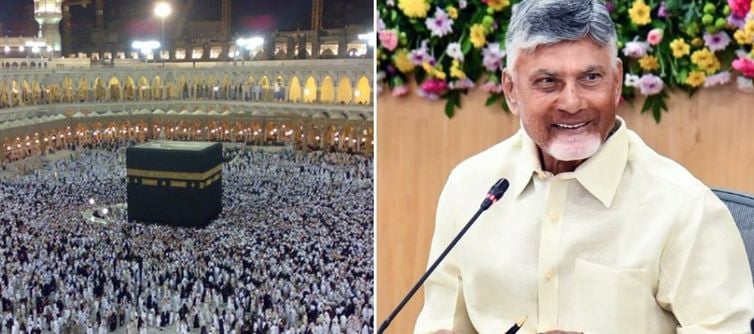
In indian politics, nothing is absolute — not ideology, not morality, not nationalism, not secularism, not welfare, and definitely not narrative outrage. The same policy, when announced by different leaders, can magically transform from “empowerment of minorities” to “appeasement politics” — depending on who holds the mic and who controls the numbers in Parliament. What is being questioned today is not the policy but the political consistency, selective outrage, and narrative manufacturing machine that runs louder than governance itself.
💥 1. When Welfare Is Called Vision… Or Vote Bank
Announcements like education support, pilgrimage assistance, or cultural infrastructure are applauded as inclusive and progressive when backed by certain leaders — yet instantly attacked as appeasement when proposed by others from different parties or ideological labels.
The policy remains the same. The reaction changes.
💣 2. social media Outrage Is Not About Governance — It’s About Alignment
Online commentary in india often behaves like a mirror of political allegiance, not public rationale. Outrage is outsourced, hashtags are factory-produced, and public perception is algorithm-curated, not fact-based. Whether a scheme is considered welfare, appeasement, or anti-majority is a branding decision, not a governance analysis.
🎭 3. Power Equations Decide Decibel Levels
Political narratives are not just driven by ideology — they are driven by arithmetic. When a leader holds king-maker value, outrage suddenly becomes muted, reframed, or delayed. Criticism is often not based on policy disagreement, but on risk-based communication management.
🗣️ 4. The Hypocrisy Loop Is Now Predictable
There is now a recognizable pattern:
| Action | If Done By Group A | If Done By Group B |
|---|---|---|
| Minorities welfare | “Visionary, inclusive” | “Appeasement, anti-Hindu” |
| Pilgrimage subsidy | “Tradition protection” | “Vote bank politics” |
| Cultural construction | “Heritage pride” | “Divisive politics” |
The inconsistency is not ideological — it is tribal-political.
📢 5. The Real Question: Are Policies Good or Not?
Public debate rarely evaluates:
Impact analysis
Beneficiary metrics
Economic feasibility
Equality and fairness
Long-term outcomes
Instead, the entire discourse revolves around which party benefits politically, not which citizens benefit socially.
🎯 FINAL MIC-DROP
In modern indian politics, truth is negotiable, outrage is outsourced, and consistency is optional.
If a policy is good, it should stand on logic, not the logo of the party announcing it.
If a policy is wrong, it must be questioned, no matter who announces it.
Democracy demands accountability, not selective silence.




 click and follow Indiaherald WhatsApp channel
click and follow Indiaherald WhatsApp channel